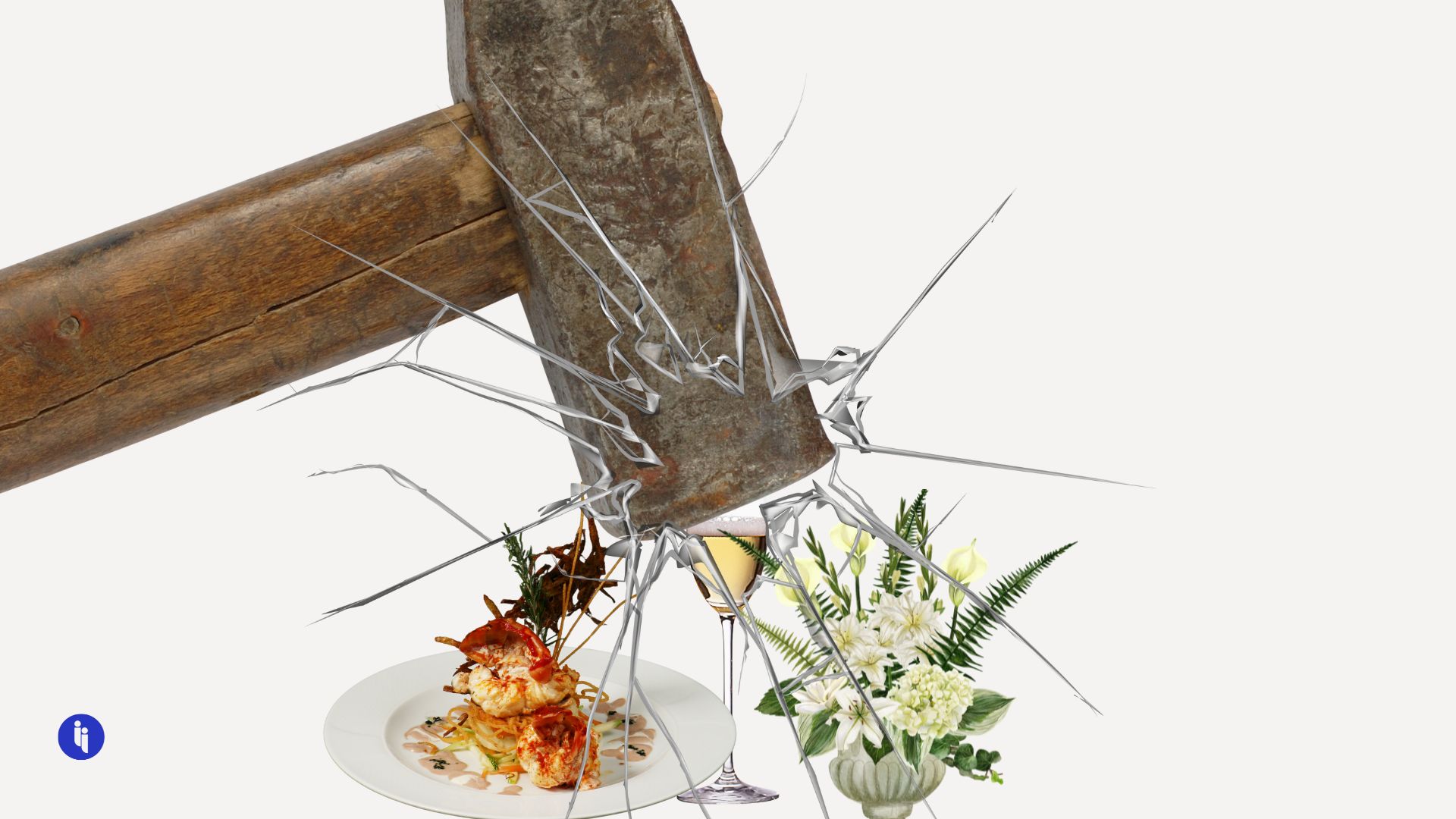Ain’t no party like a Communist Party. Or at least, that was the case until Monday?
According to 20 new austerity guidelines just dropped (🇨🇳) by China’s State Council (cabinet), “waste is shameful and economy is glorious”. So China’s officials will again now have to cut down on several budget items, including all those:
- Fancy meals
- Lavish flower arrangements
- Fabulous send-off ceremonies, and
- Training programs that look a teeeeensy bit like group tours.
This isn’t exactly news for party members. Beijing issued the first such guidelines in 2013 shortly after Xi Jinping rose to power. But this is the first solid update in years.
Stay on top of your world from inside your inbox.
Subscribe for free today and receive way much more insights.
Trusted by 160,000+ subscribers
No spam. No noise. Unsubscribe any time.
So, why is Xi cracking down again now?
His stated reasons mention declining land sale revenues and mounting local government debt, though it’s hard to see how cutting down on a few Zhonghua cigarettes and peony arrangements might dent the estimated $7-10 trillion in local government obligations.
So here are three other reasons:
- A stormy economic outlook
China’s president has taken a defiant yet sober tone, warning of “difficulties and obstacles” ahead, and flagging China will have to “adjust and optimise its economic structure” to face a changing world.
That’s partly because, even with US tariffs slashed back to (a still hefty) 30%, he’s grappling with headwinds across deflation, demographics, and a property collapse.
And while trimming a bit of official excess won’t make a meaningful economic difference to the real estate bubble exhaling an estimated $18 trillion, it does send a political signal that Xi’s sober message is for everyone. Otherwise, there’s the risk of discontent bubbling up through the gaps and eroding the party’s legitimacy, which leads us to…
- Xi’s anti-corruption drive
Xi first launched his austerity guidelines back in 2013, and that timing is significant for reasons beyond the fact he’d just taken power:
- Eg, it was shortly after Bloomberg and The New York Times published spicy exposés about the extended family wealth surrounding Xi and other top cadres.
So he had political incentives to push back not only on that personal image problem, but also on the party’s broader image problem given the scale of some of the graft emerging (like the railway minister who amassed 19 mistresses and 374 houses).
But now that authorities have jailed more than a million officials on corruption grounds, there’s growing suspicion many are getting swept up in a broader political purge, which leads us to…
- Party discipline
Related to the first two reasons, but this renewed austerity drive is probably also another attempt to impose discipline across the party’s 100 million members — a la New York’s broken window theory, focus on the little things (whether a broken window or a four-hour power-lunch), and folks might think twice about pulling any bigger stunts.
It becomes an exercise in authority for the party’s top honchos, without having to do much heavy lifting.
Intrigue’s Take
Years ago, Mexico had a colourful cabinet minister called Salvador Vega Casillas who popularised a ‘toll booth’ theory of corruption, arguing graft thrives wherever the state imposes needless bureaucratic ‘toll booths’ — each ‘booth’ just creates an opportunity for a corrupt official to demand bribes from folks trying to navigate the system.
So he launched a public competition called El Trámite Más Inútil (The Most Useless Procedure), inviting citizens to nominate the worst red-tape for their chance to win a cash prize. The result was stunning — they got 30,000 entries, helping guide their subsequent deregulation and anti-corruption drive (the winner was a single mother who had to jump through monthly bureaucratic hurdles to get medication for her young child).
We mention this example because a) China’s state-heavy economy has its own toll booth problem, but b) it’s also a reminder of the risks ahead as more governments across the West go a little more state-heavy on national security and/or industrial policy grounds, introducing big new toll booths that are making massive, multi-billion dollar decisions.
Sound even smarter:
- Back in 2016, China’s Anhui province banned booze during work events after several officials actually died of alcohol poisoning from state banquets.






